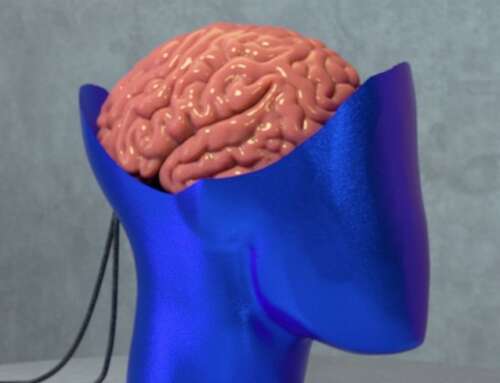The Stanford Prison Experiment, one of the most famous and compelling psychological studies of all time, told us a tantalizingly simple story about human nature.
The study took paid participants and assigned them to be “inmates” or “guards” in a mock prison at Stanford University. Soon after the experiment began, the “guards” began mistreating the “prisoners,” implying evil is brought out by circumstance. The authors, in their conclusions, suggested innocent people, thrown into a situation where they have power over others, will begin to abuse that power. And people who are put into a situation where they are powerless will be driven to submission, even madness.
The Stanford Prison Experiment has been included in many, many introductory psychology textbooks and is often cited uncritically. It’s the subject of movies, documentaries, books, television shows, and congressional testimony.
But its findings were wrong. Very wrong. And not just due to its questionable ethics or lack of concrete data — but because of deceit.
A new exposé published by Medium based on previously unpublished recordings of Philip Zimbardo, the Stanford psychologist who ran the study, and interviews with his participants, offers convincing evidence that the guards in the experiment were coached to be cruel. It also shows that the experiment’s most memorable moment — of a prisoner descending into a screaming fit, proclaiming, “I’m burning up inside!” — was the result of the prisoner acting. “I took it as a kind of an improv exercise,” one of the guards told reporter Ben Blum. “I believed that I was doing what the researchers wanted me to do.”
The findings have long been subject to scrutiny — many think of them as more of a dramatic demonstration, a sort-of academic reality show, than a serious bit of science. But these new revelations incited an immediate response. “We must stop celebrating this work,” personality psychologist Simine Vazire tweeted, in response to the article. “It’s anti-scientific. Get it out of textbooks.” Many other psychologists have expressed similar sentiments.
– Brian Resnick
Read more: The Stanford Prison Experiment Was Massively Influential. We Just Learned It Was a Fraud.
Image source – Flickr.com







Leave A Comment